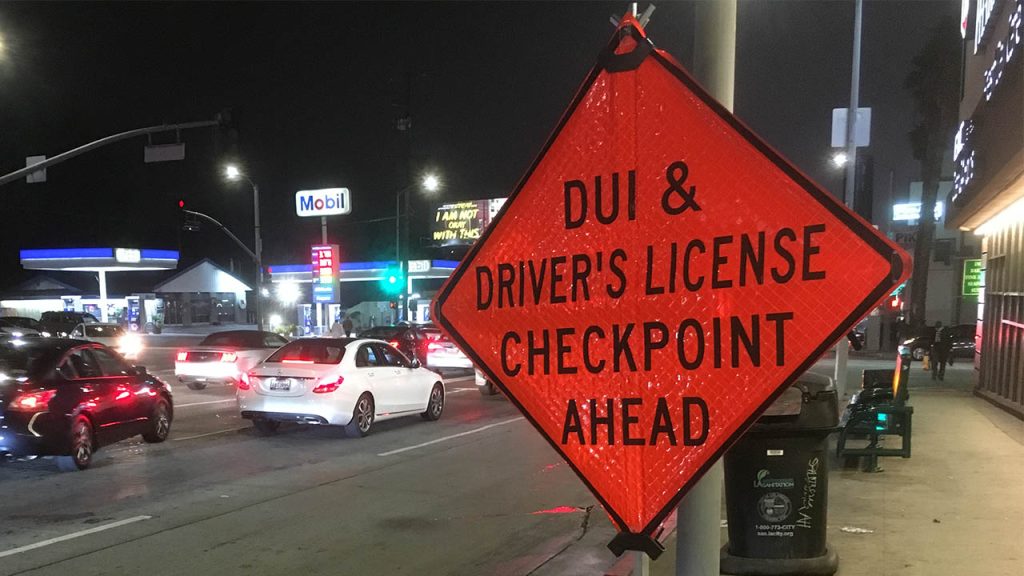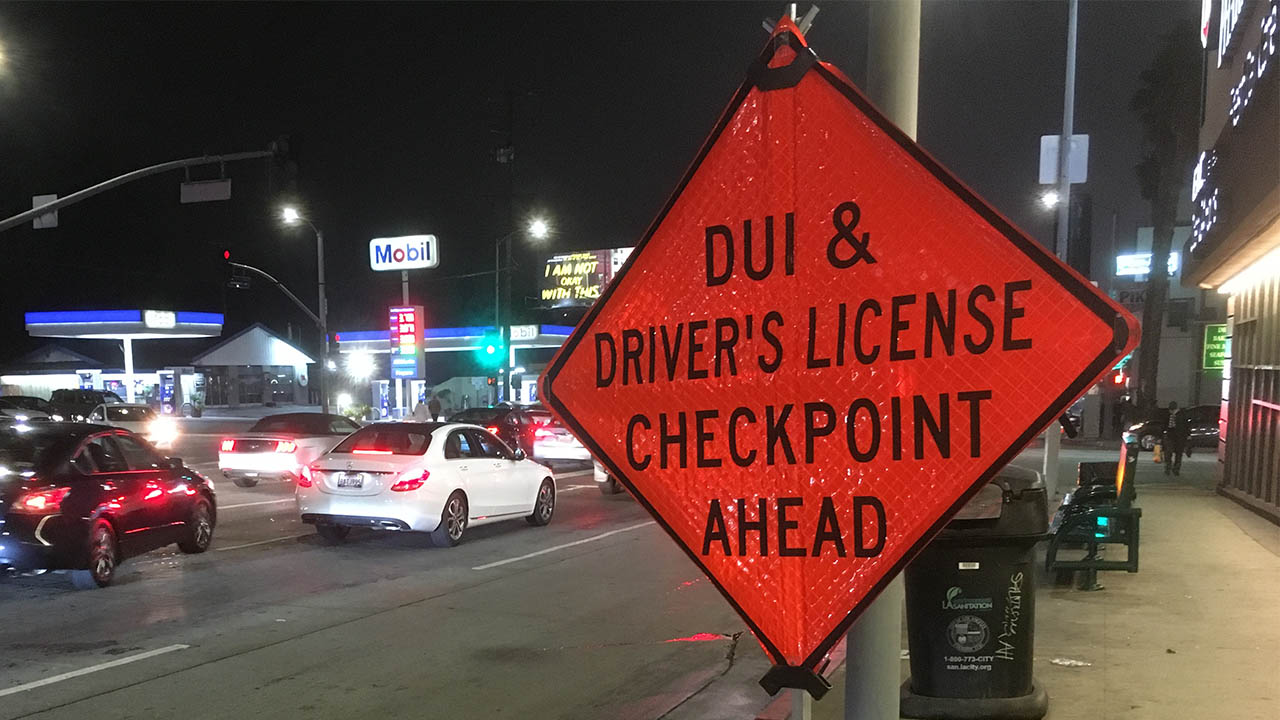
Threat of Drunk Driving Auto Accidents Looms Over New Years Eve
As New Year’s Eve approaches, a time of celebration and festivity, there also looms a significant threat of drunk driving-related auto accidents. The Law Offices of Kyle E. Koester, LLC is dedicated to raising awareness about the dangers of drunk driving, particularly during this high-risk holiday period. This article discusses the heightened risk of drunk driving accidents associated with New Year’s Eve parties and the importance of responsible behavior to ensure safety for all.
Understanding the Risks of New Year’s Eve Celebrations:
Increased Incidence of Drunk Driving:
- New Year’s Eve is one of the holidays with the highest rates of drunk driving incidents. Parties and celebrations often involve alcohol consumption, which can impair judgment and reaction times.
Alarming Statistics:
- Data consistently shows a spike in auto accidents related to alcohol consumption during New Year’s Eve. This trend not only poses a risk to the drivers themselves but also to other road users and pedestrians.
Legal Implications of Drunk Driving:
- Severe Consequences:
- Driving under the influence (DUI) is a serious offense with stringent penalties, including fines, license suspension, and possible jail time (O.C.G.A. § 40-6-391).
- Liability and Personal Injury Claims:
- Drunk drivers involved in accidents can face liability for damages and injuries caused. Victims of such accidents have the right to pursue compensation for their losses.
Promoting Safe and Responsible Celebrations:
Planning Ahead:
- If you plan to drink, ensure you have a designated driver or arrange for alternative transportation such as a taxi or ride-sharing service.
Host Responsibility:
- If hosting a party, offer non-alcoholic beverage options and monitor your guests’ alcohol consumption. Encourage them to stay over or use a taxi service if they have been drinking.
Community Awareness:
- Local authorities often increase patrols and checkpoints during New Year’s Eve to curb drunk driving. Being aware of these measures and supporting law enforcement efforts can contribute to community safety.
Conclusion: New Year’s Eve should be a time of joyous celebration, but it’s crucial to remember the grave risks associated with drunk driving. At the Law Offices of Kyle E. Koester, LLC, we urge everyone to celebrate responsibly and make safety a priority. Should you or a loved one become involved in a drunk driving-related accident, our experienced legal team is here to offer guidance and support in navigating the aftermath.
Disclaimer: This article is for informational purposes only and does not constitute legal advice.


